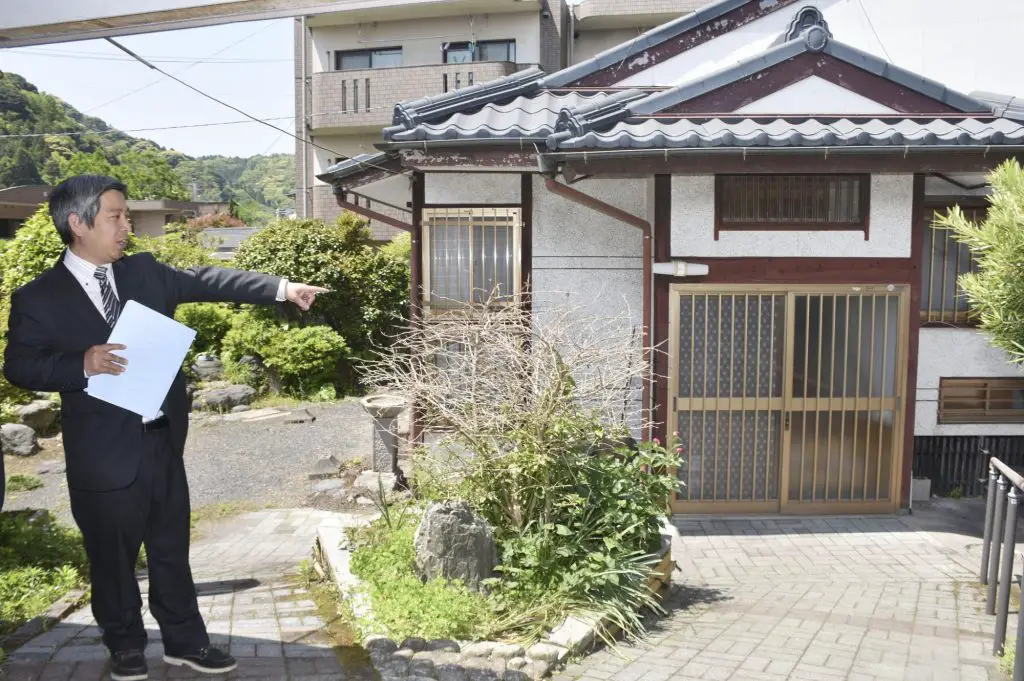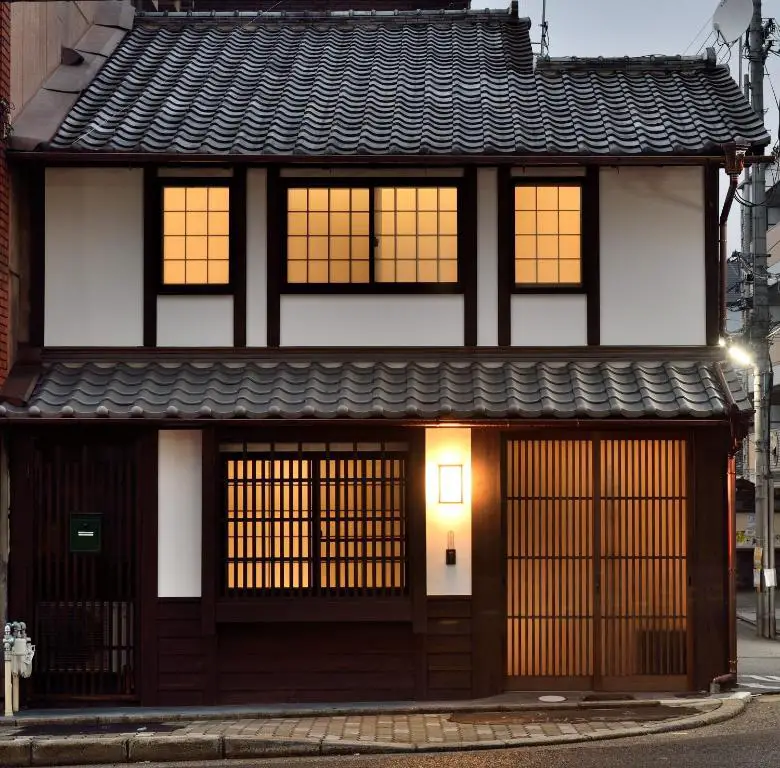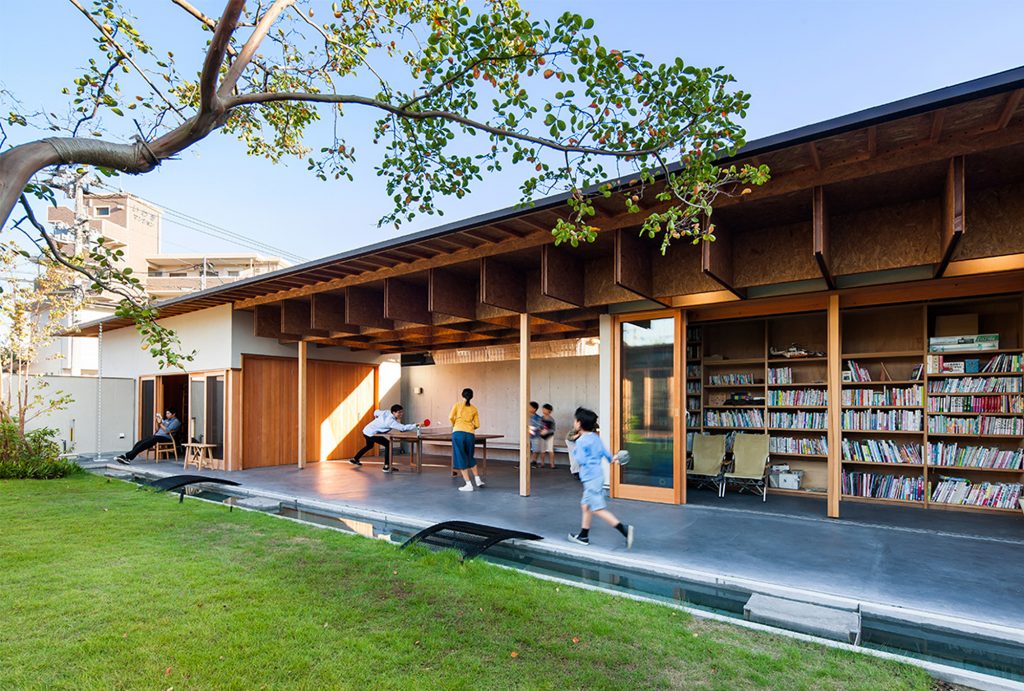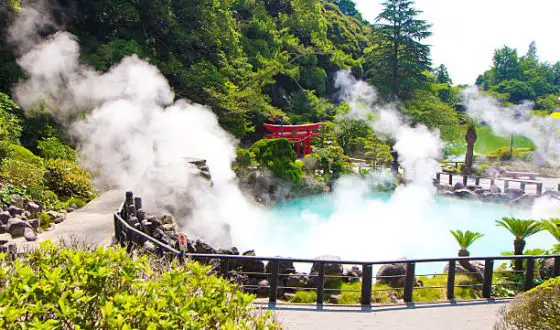2021 Complete Guide to Japanese Property Tax
If you own or purchase any type of depreciable assets (e.g. land or housing), there are property tax obligations to fulfill. These fees are determined based on the legal requirements and regulations of your country, along with other incurred costs standardized by third-party agents (if need be). Depending on your situation, you may or may not have to pay extra applicable fees in terms of property management and so on. To help you understand the Japanese property tax system, we’ll go over different types of fees that you might encounter. In this article, you’ll find in-depth explanations and guidance on what to expect and your duty to fulfill such obligations.
1. National taxes
1.1. Stamp taxes

In the making of paperwork regarding real estate transactions, you have to purchase revenue stamps and stick them on the documents.
SEE MORE:
- Buying A House in Japan as Foreigners? – A Detailed Guide
- Buying A House In Japan – Not As Difficult As You Think
In the making of paperwork regarding real estate transactions, you have to purchase revenue stamps and stick them on the documents. Postmarks are then stamped accordingly as the next part of the document preparation process. Here is a guide to the amounts of stamp taxes needed for different types of real estate paperwork:
-
Receipts:
| Receipt amount | Stamp tax amount |
| Less than ¥500000 | None |
| Equal to or more than ¥500000 and less than or equal to ¥1 million | ¥200 |
| More than ¥1 million and less than or equal to ¥2 million | ¥400 |
| More than ¥2 million and less than or equal to ¥3 million | ¥600 |
| More than ¥3 million and less than or equal to ¥5 million | ¥1000 |
| More than ¥5 million and less than or equal to ¥10 million | ¥2000 |
| More than ¥10 million and less than or equal to ¥20 million | ¥4000 |
| More than ¥20 million and less than or equal to ¥30 million | ¥6000 |
| More than ¥30 million and less than or equal to ¥50 million | ¥10000 |
| More than ¥50 million and less than or equal to ¥100 million | ¥20000 |
| More than ¥100 million and less than or equal to ¥200 million | ¥40000 |
| More than ¥200 million and less than or equal to ¥300 million | ¥60000 |
| More than ¥300 million and less than or equal to ¥500 million | ¥100000 |
| More than ¥500 million and less than or equal to ¥1 billion | ¥150000 |
| More than ¥1 billion | ¥200000 |
| Unstated | ¥200 |
-
Sales contracts:
| Contract amount | Stamp tax amount |
| Less than ¥10000 | None |
| Equal to or more than ¥10000 and less than or equal to ¥0.1 million | ¥200 |
| More than ¥0.1 million and less than or equal to ¥0.5 million | ¥200 |
| More than ¥0.5 million and less than or equal to ¥1 million | ¥500 |
| More than ¥1 million and less than or equal to ¥5 million | ¥1000 |
| More than ¥5 million and less than or equal to ¥10 million | ¥5000 |
| More than ¥10 million and less than or equal to ¥50 million | ¥10000 |
| More than ¥50 million and less than or equal to ¥100 million | ¥30000 |
| More than ¥100 million and less than or equal to ¥500 million | ¥60000 |
| More than ¥500 million and less than or equal to ¥1 billion | ¥160000 |
| More than ¥1 billion and less than or equal to ¥5 billion | ¥320000 |
| More than ¥5 billion | ¥480000 |
| Unstated | ¥200 |
1.2. Consumption taxes
In Japan, transactions that include transferring, loaning, and providing goods and services are subject to consumption taxes. Those include many specific property transactions, such as:
- Prices for buildings, constructions sites
- Office and store rents
- Brokerage fees
- Judicial scrivener and registered fees
- Loaning administration fees.

In Japan, transactions that include transferring, loaning, and providing goods and services are subject to consumption taxes.
Consumption taxes are not levied for the following property transactions:
- Prices of land
- Land and residential rents
- Security deposits and tenant leaseholds
- Interest and guarantee fees
- Fire and life insurance fees.
Currently, the rate of consumption is 10%.
1.3. Registration and license taxes
When buying or constructing land or properties, you have to register for your ownership through registration and license taxes. Here are the applicable tax rates that fall under this category:
| Type of registration | Standard tax rate | Reduced tax rate under special provisions |
| Preservation of ownership | 0.4% | 0.15% |
| Relocation of ownership | 2.0% | 0.3% |
| Establishment of mortgage | 0.4% | 0.1% |
1.4. Income taxes
For Japanese residents who have rental as a part of their income, here are the applicable tax rates based on taxable income:
| Amount of taxable income | Tax rate | Amounts of deduction |
| Less than or equal to ¥1.95 million | 5% | None |
| More than ¥1.95 million and less than or equal to ¥3.3 million | 10% | ¥97500 |
| More than ¥3.3 million and less than or equal to ¥6.95 million | 20% | ¥427500 |
| More than ¥6.95 million and less than or equal to ¥9 million | 23% | ¥636000 |
| More than ¥9 million and less than or equal to ¥18 million | 33% | ¥1536000 |
| More than ¥18 million and less than or equal to ¥40 million | 40% | ¥2796000 |
| More than ¥40 million | 45% | ¥4796000 |
The fixed applicable tax rate is 30% for Japanese corporations who earn income from property renting.

Non-Japanese residents or foreign corporations also have to pay income taxes in Japanese currency (¥).
For non-residents or foreign corporations, payments are automatically converted to Japanese currency (¥). Withholding income taxes is common, and the withholding tax rates are as follows:
- 10.21% of the sales price if you sell a property
- 20.42% of the rental income if you rent a property.
1.5. Inheritance taxes
As the name suggests, properties that are the results of inheritance also come with inheritance taxes. Start off with the number of heirs by law and multiply that by ¥6 million. After that, add ¥30 million and you have the basic deduction amount needed to calculate the taxable amount. The applicable inheritance tax rates are as follows:
| Amount of property legally inherited (determined by the law) | Tax rate | Amount of deduction |
| Less than or equal to ¥10 million | 10% | None |
| More than ¥10 million and less than or equal to ¥30 million | 15% | ¥0.5 million |
| More than ¥30 million and less than or equal to ¥50 million | 20% | ¥2 million |
| More than ¥50 million and less than or equal to ¥100 million | 30% | ¥7 million |
| More than ¥100 million and less than or equal to ¥200 million | 40% | ¥17 million |
| More than ¥200 million and less than or equal to ¥300 million | 45% | ¥27 million |
| More than ¥300 million and less than or equal to ¥600 million | 50% | ¥42 million |
| More than ¥600 million | 55% | ¥72 million |
2. Prefectures’ taxes
2.1. Real estate acquisition taxes
If you acquire any kind of real estate, you have to pay your real estate acquisition tax. There are many forms of property acquisition, including:
- Purchasing and selling properties
- Donating properties
- Exchanging properties
- Constructing new properties, extensions, or alterations.
The rates for property acquisition taxes are as follows:
- 3% of the taxable amount for land and housing
- 4% of the taxable amount for other types of buildings.

If you acquire any kind of real estate, you have to pay your real estate acquisition tax.
In cases where properties are obtained free of charges (e.g. as a part of a donation), gift taxes are required. The values of such properties are then evaluated and deducted an amount of ¥1.1 million to get the taxable amount. There are further deductibles to be made, and the rates for these properties are as follows:
Deductible Rate on Value of Properties
| Taxable amount | Rate | Deductible amount | Taxable amount (*) | Rate (*) | Deductible amount (*) |
| Less than or equal to ¥2 million | 10% | None | Less than or equal to ¥2 million | 10% | None |
| More than ¥2 million and less than ¥3 million | 15% | ¥100000 | More than ¥2 million and less than ¥4 million | 15% | ¥100000 |
| More than ¥3 million and less than ¥4 million | 20% | ¥250000 | More than ¥4 million and less than ¥6 million | 20% | ¥300000 |
| More than ¥4 million and less than ¥6 million | 30% | ¥650000 | More than ¥6 million and less than ¥10 million | 30% | ¥900000 |
| More than ¥6 million and less than ¥10 million | 40% | ¥1.25 million | More than ¥10 million and less than ¥15 million | 40% | ¥1.9 million |
| More than ¥10 million and less than ¥15 million | 45% | ¥1.75 million | More than ¥15 million and less than ¥30 million | 45% | ¥2.65 million |
| More than ¥15 million and less than ¥30 million | 50% | ¥2.5 million | More than ¥30 million and less than ¥45 million | 50% | ¥4.15 million |
| More than ¥30 million | 55% | ¥4 million | More than ¥45 million | 55% | ¥6.4 million |
(*): Applicable to special cases of donations from parents/grandparents to children/grandchildren.
In cases where gains are made from property sales, capital gains taxes are applicable. For individuals, real estate sales are calculated as a separate part of the income. The capital gains taxes might be as follows:
- 30% of income taxes and 9% of resident taxes, if the property holding period is no more than 5 years.
- 15% of income taxes and 5% of resident taxes, if the property holding period is more than 5 years.
For corporations, such gains are considered in the total taxable income. In the end, corporations have to pay approximately 30% of their corporate taxes as capital gains taxes.
3. Municipal taxes
3.1. Property taxes and city planning taxes
These taxes are applicable to land, building, and depreciable asset owners. They are based on property valuations that are done periodically (every 3 years) by the local office. Notices will then be sent to property owners on January 1st each year, and they will pay such taxes either as a whole or through 4 annual installments. The standard rates for such taxes are as follows:
- 1.4% of the taxable amount for property taxes
- 0.3% of the taxable amount for city planning taxes.
4. Other Japanese real estate-related fees
4.1. Brokerage fees

The more expensive the house is, the higher the amount of broker commission will be.
Buying a property directly from the seller has many advantages, but in the end, you will have to complete all the legal paperwork on your own. If you don’t want to deal with such a complicated process, consider purchasing your property through a broker. In return, at the conclusion of a real estate contract, you have to pay a fee called the “broker commission”. The amount of broker commission required shall be as follows:
| The sales price of the property | The brokerage fee (consumption tax not included) |
| Less than ¥2 million | 5% of the sales price |
| ¥2-4 million | 4% of the sales price + ¥20000 |
| More than ¥4 million | 3% of the sales price + ¥60000 |
After discussing, negotiating, and coming to an agreement, you pay half of the brokerage free. When you’ve made the payment and get your property, you pay the other half to your broker.
In the case of a lease agreement, the broker commission from the lessor and lessee is equal to the monthly renting fee and added consumption tax.
4.2. Judicial scrivener fees
Since there is no set standard on how this fee is determined, the judicial scrivener will come up with a suitable amount.
4.3. Deductible expenses
If real estate sales make up a part of your income, this amount should be considered in relation to your income and resident tax. Deductible expenses include:
- Acquisition expenses are incurred as a result of real estate acquisition.
- Sales expenses, such as brokerage fees, revenue stamp fees, and surveying costs.
4.4. Total amount of expenses concerning real estate purchase and sales
Aside from the sales price, many expenses are also involved in real estate transactions. In all cases, standard ones like brokerage and revenue stamp fees are included. Other than those, real estate acquisitions might come with the following fees:
- Property taxes
- City planning taxes
- Consumption taxes
- Registration and license taxes
- Stamp taxes
- Judicial scrivener fees.
On the other hand, real estate sales might require the following fees:
- Sales income taxes
- Resident taxes
- Registration fees
- Mortgage cancellation fees.
And that is all you need to know about different types of Japanese property fees and your tax obligation. Depending on your property and taxation needs, you might utilize the information provided to your advantage. In any case, we advise you to consult a tax or accounting expert to work out the best solution. If you need more information, feel free to reach out to us so that we can work with your accountant for better results.









